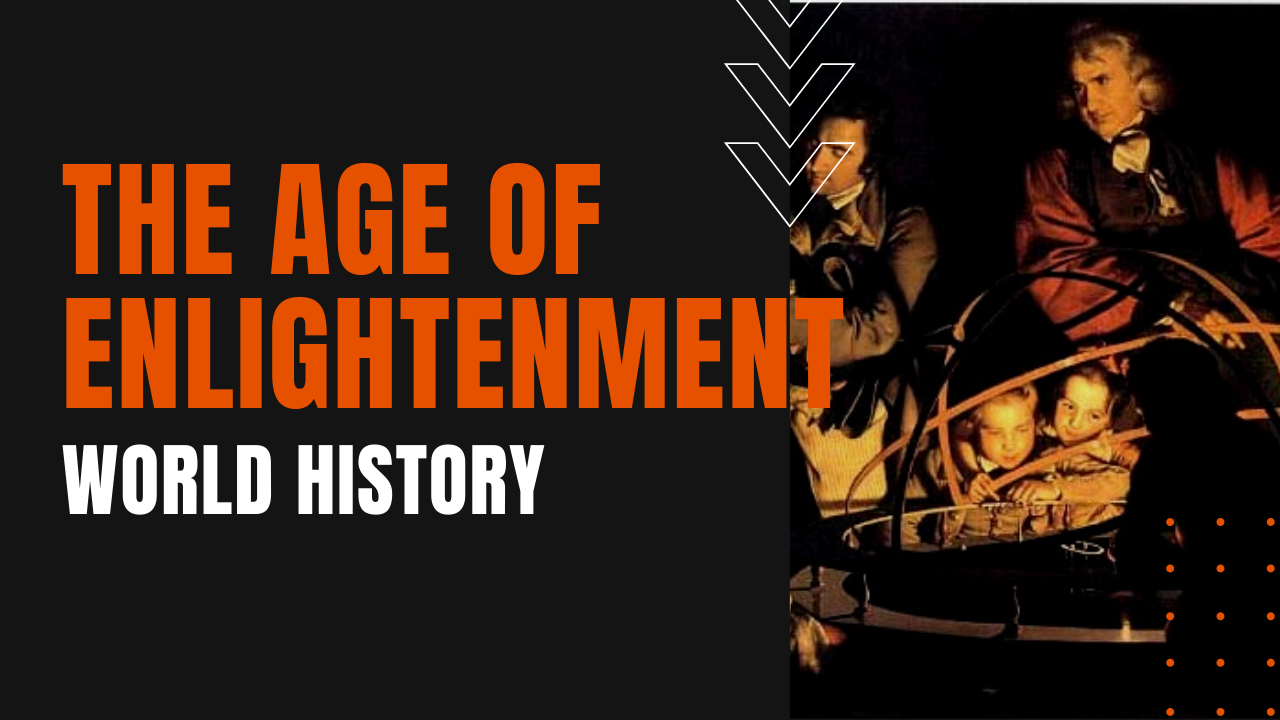Age of Enlightenment

Following the Scientific Revolution, which included the work of Francis Bacon, Thomas Hobbes, Galileo, Johannes Kepler and Gottfried Wilhelm Leibniz among many others, the Age of Enlightenment was largely a European intellectual and scholarly movement that spanned from the 17th to the 19th centuries.
When Was the Enlightenment?
Some date the beginning of the Enlightenment back to Rene Descartes’ 1637 essay entitled Cogito, ergo sum, or in English, “I think, therefore I am.” Others cite the publication of Isaac Newton’s Principia Mathematica in 1686 or John Locke’s Essay Concerning Human Understanding in 1689.
French historians traditionally peg the dates of the beginning of the Enlightenment to the death of Louis XIV in 1715 until the start of the French Revolution in 1789, although the majority of historians affix the end of Enlightenment with the beginning of the 19th century.
When Enlightenment Thinkers Questioned Traditional Ideas
Known as the High Enlightenment, the high-water years of the period ran from 1730 to 1780 and was centered around the dialogues and publications of French philosophers Voltaire, Rousseau, Montesquieu and Denis Diderot. Foremost among the interchange of ideas was Voltaire’s notion that everything in the universe could be rationally demystified and cataloged.
Philosophers and scientists during the Age of Enlightenment circulated ideas through regular meetings held at scientific academies, Masonic lodges and literary salons, as well as in printed material such as books, journals and essay pamphlets.
Many of the more persistent ideas undermined the authority of monarchies, which included debates on liberty, liberalism and neoclassicism, religious tolerance, constitutional government and separation of church and state.
The period further threatened the authority of the Catholic Church, when intellectuals employed scientific methodology and reductionism to question religious dogma and orthodoxy—an attitude captured in Immanuel Kant’s essay entitled Answering the Question: What is Enlightenment, where the phrase “Sapere aude” or “dare to know” can be found.
Many educated Christians of the period sought to readjust their faith along rational lines, arguing that nature, biology and the universe appeared to determine its own course of action without God’s intervention. Taken as a whole, many scholars believe that the Age of Enlightenment opened the door for the political revolutions of the 18th and 19th centuries, including those of the Americans and the French.
